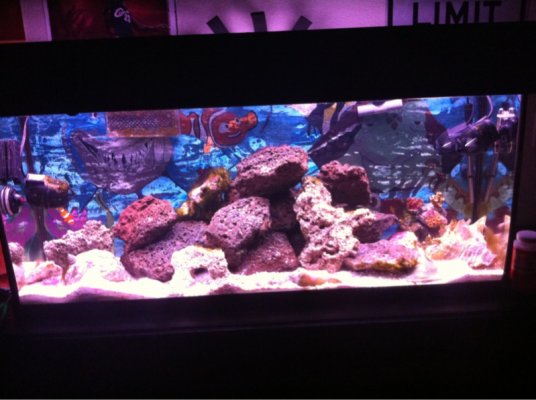lightupthedarkness30
Aquarium Advice Apprentice
Tried looking for how to make lava rock safe to put in the tank and couldn't find anything, I was hoping you guys would know how or have experience doing it. I picked up a bunch for free just outside. I can post pictures of the rock of that is important. Thanks for any and all help

